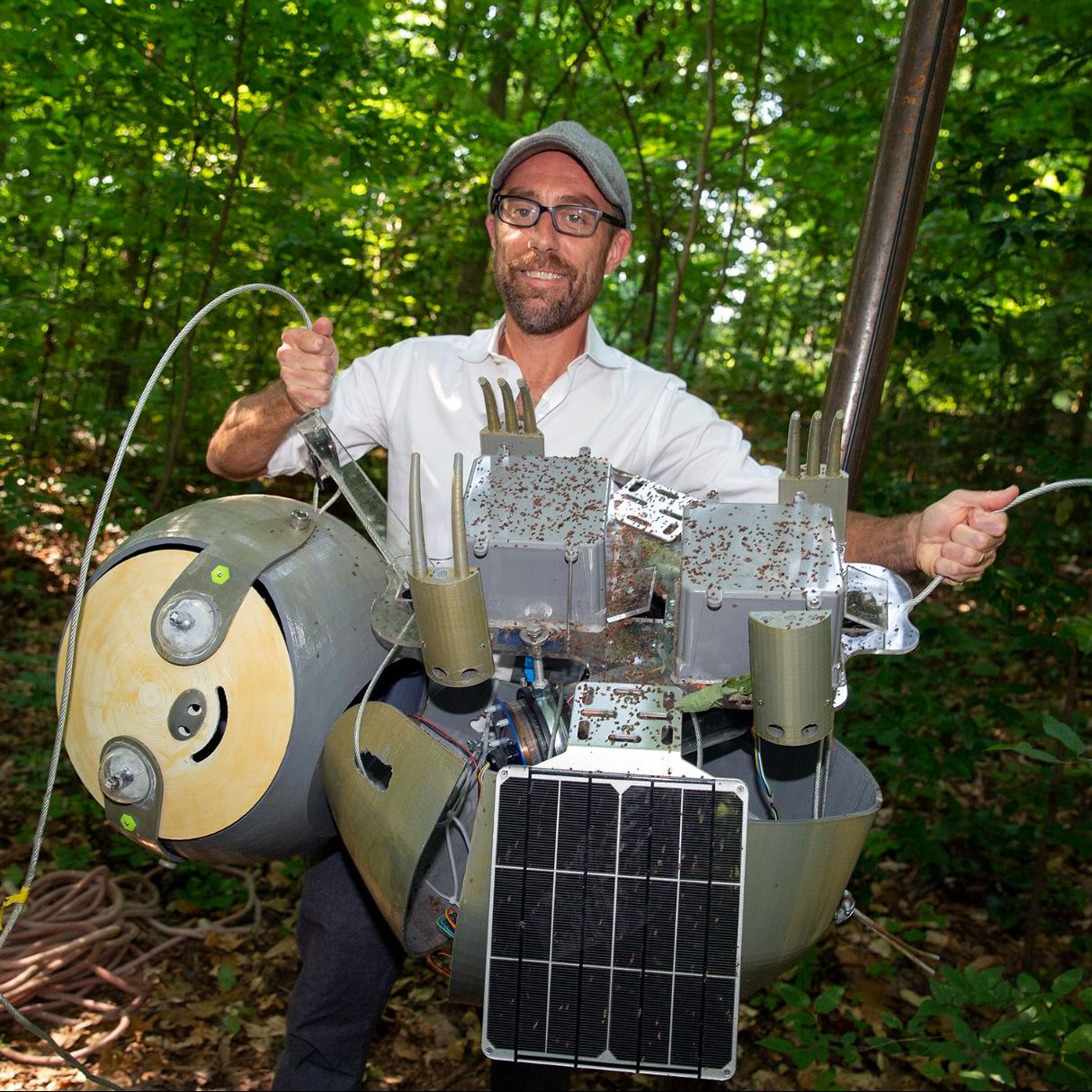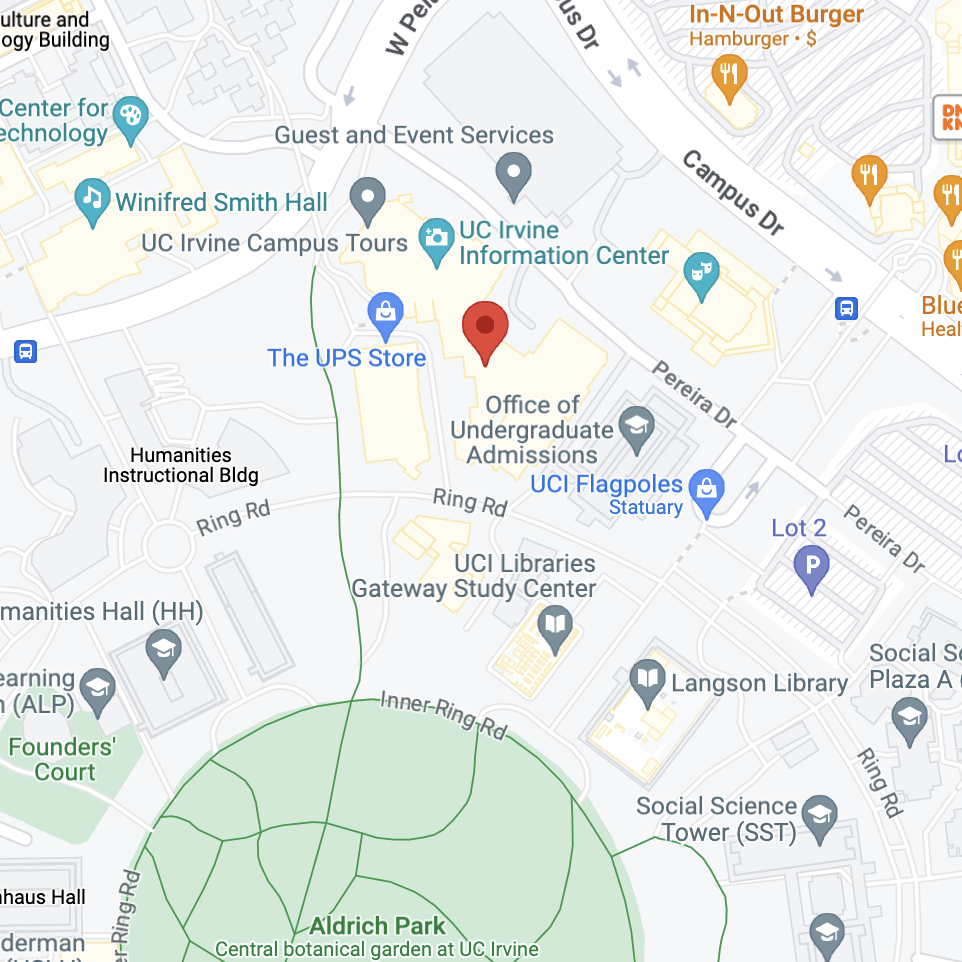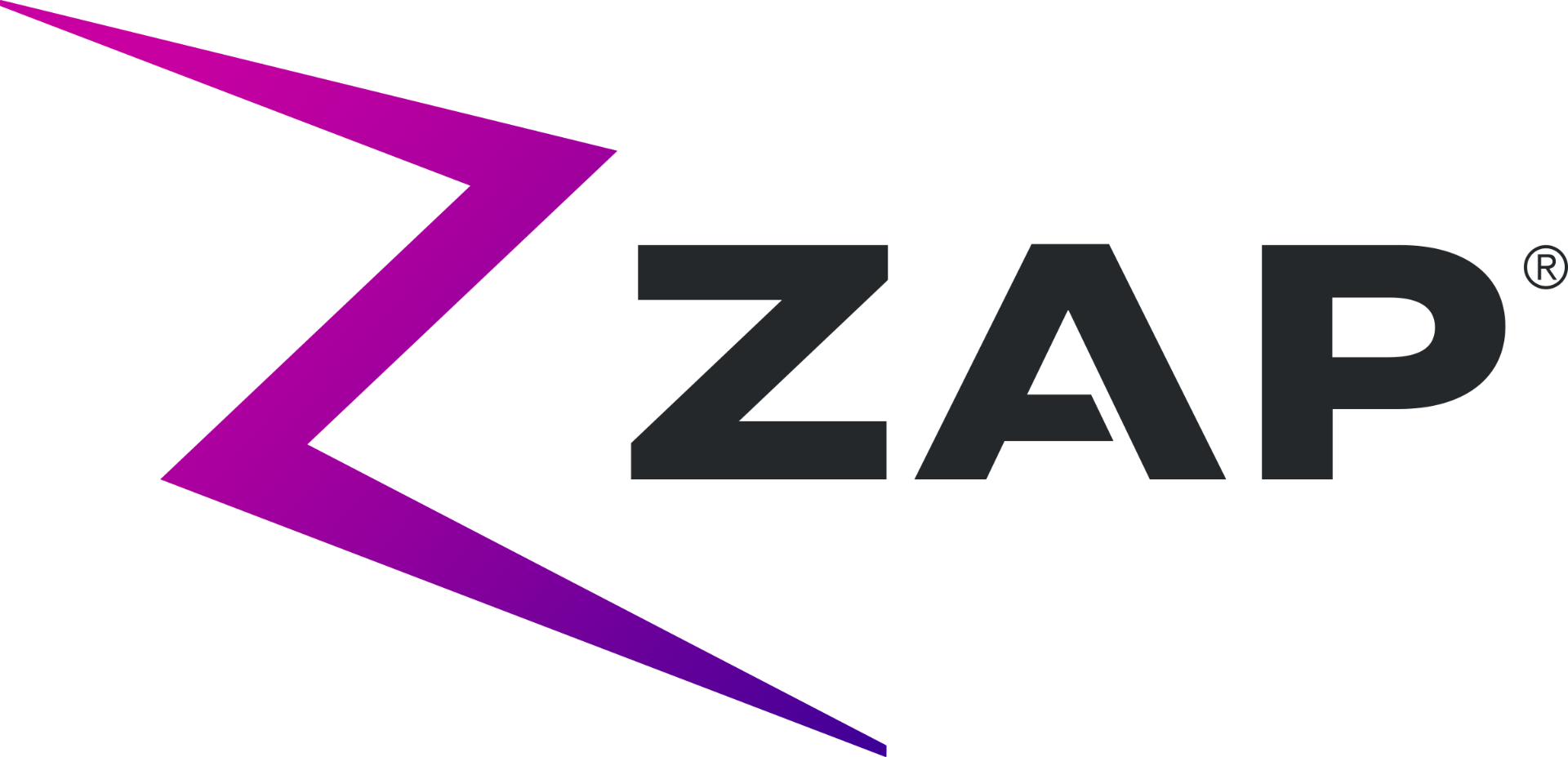About SCR
The Southern California Robotics Symposium is back again in 2023, following SCR 2016, SCR 2017, SCR 2019, and, most recently, SCR 2022. We are excited to bring you a two-day symposium that will include workshops, academic and industry talks, a poster session, and networking opportunities. This symposium will serve as a catalyst for fostering collaborations, forging new partnerships, and igniting the passion for robotics innovation!
This year’s SCR theme is:
“Defining the future of robotics – towards 2030 and beyond”
Stay up to date!
If you would like to be notified of updates and receive further information about SCR 2023, please join our mailing list by adding yourself to the UCI SCR Google Group with one of these options:
- Add through Google Groups
- If you do not have a Google account, please email scr2023_announcements@uci.edu to add yoursel
Thursday 9/14
| 8:30am – 9:20am |
Check-in and breakfast |
| 9:20am – 9:30am |
Welcome! |
| 9:30am – 11:00am |
First session of talks |
| 11:00am – 11:15am |
Coffee Break |
| 11:15am – 12:15pm |
Keynote: Magnus Egerstedt |
| 12:15pm – 1:00pm |
Lunch |
| 1:00pm – 3:00pm |
Poster session |
| 3:00pm – 5:00pm |
Workshops and lab tours |
| 5:00pm – 8:00pm |
Reception (in Pacific Ballroom) |
Friday 9/15
| 8:30am – 9:30am |
Check-in and breakfast |
| 9:30am – 10:45am |
Second session of talks |
| 10:45am – 11:00am |
Coffee Break |
| 11:00am – 12:00pm |
Keynote: Henrik I. Christensen |
| 12:00pm – 1:00pm |
Lunch |
| 1:00pm – 2:15pm |
Industry panel |
| 2:15pm – 3:30pm |
Third session of talks |
| 3:30pm – 3:45pm |
Coffee Break |
| 3:45pm – 5:00pm |
Fourth session of talks |
| 5:00pm – 5:10pm |
Closing Remarks |
| 5:10pm – … |
Dinner mixer (on your own) |
Keynote Speakers

Henrik I. Christensen
Qualcomm Chancellor’s Chair of Robot Systems,
Distinguished Professor of Computer Science and Engineering,
UC San Diego
Challenges and Opportunities in Robotics
Abstract: The world is rapidly changing. Robotics is a key enabler for some of these changes across work, leisure and domestic tasks. The future of work is changing, the enabling technologies and the economic realities all impact how we will use robots in the future. In this presentation we discuss mega-trends, recent changes in workforce, emerging applications and how this all motivates a number of new R&D challenges in robotics. We will discuss this in a 5-10 year perspective.

Magnus Egerstedt
Stacey Nicholas Dean of Engineering,
Professor of Electrical Engineering and Computer Science,
UC Irvine
Robots in the Wild: Constraint-Based Control Design for Long Duration Autonomy
Abstract: When robots are to be deployed over long time scales, optimality should take a backseat to “survivability”, i.e., it is more important that the robots do not break or completely deplete their energy sources than that they perform certain tasks as effectively as possible. For example, in the context of multi-agent robotics, we have a fairly good understanding of how to design coordinated control strategies for making teams of mobile robots achieve geometric objectives, such as assembling shapes or covering areas. But, what happens when these geometric objectives no longer matter all that much? In this talk, we consider this question of long duration autonomy for teams of robots that are deployed in an environment over a sustained period of time and that can be recruited to perform a number of different tasks in a distributed, safe, and provably correct manner. This development will involve the composition of multiple barrier certificates for encoding tasks and safety constraints, as well as a detour into ecology as a way of understanding how persistent environmental monitoring can be achieved by studying animals with low-energy life-styles, such as the three-toed sloth.
Presentation guidelines
General information:
- We will hold three sessions of talks and one poster session spanning the two days of the symposium
- The poster session will serve as an excellent opportunity for networking, discussions, and establish collaborations
Oral presentation guidelines:
- All talks should be no longer than 12 minutes. An additional 3 minutes will be allotted for questions.
- 3-4 minutes of your talk should focus on your Visons for the future of your research area. You are welcome to discuss the next steps of your particular work, but please also address where you see your research areas to be in the next decade or futher.
- Please be aware that SCR attendees will include students, faculty, and industry participants.
Poster presentation guidelines:
- We will provide poster boards that will be 3x4ft in dimension.
- You can make your poster in either portrait or landscape mode but please ensure that it is no larger than the poster board dimensions.
- We suggest including a Visions section on your poster, outlining where you expect your work (and research field) to be in the next decade or further.
If you have any questions, please email us at scr2023_contact@uci.edu
Venue and Parking
Venue
Pacific Ballroom (Presentations)
Emerald Bay (Poster room)
311 W Peltason Dr
Irvine, CA 92697
Parking
UCI Student Center Parking Structure
112 Pereira Dr
Irvine, CA 92697
Please look out for signs placed on Campus Dr. and W. Peltason Drive directing you to the structure.
Parking Permits
We recommend you purchase a parking permit before arriving, since purchasing a permit at the garage may cause delays. Day parking is $15.
You can prepay for parking here (event code SCRS@UCI):
Organizing Committee
Advisory Committee
J. Michael McCarthy, Ph.D.
Director of the Performance Engineering Program and Distinguished Professor of Mechanical and Aerospace Engineering
Email: jmmccart@uci.edu
David Reinkensmeyer, Ph.D.
Professor of Mechanical and Aerospace Engineering; Anatomy and Neurobiology; Biomedical Engineering; Physical Medicine and Rehabilitation
Email: dreinken@uci.edu
Haithem Taha, Ph.D.
Camilo Velez Cuervo, Ph.D.
Assistant Professor of Mechanical and Aerospace Engineering
Email: cvelezcu@uci.edu
Camilo Velez Cuervo, Ph.D.
Assistant Professor of Mechanical and Aerospace Engineering
Email: cvelezcu@uci.edu
Camilo Velez Cuervo, Ph.D.
Assistant Professor of Mechanical and Aerospace Engineering
Email: cvelezcu@uci.edu
Alexandra Voloshina, Ph.D.
Assistant Professor of Mechanical and Aerospace Engineering
Email: avoloshi@uci.edu
Alexandra Voloshina, Ph.D.
Assistant Professor of Mechanical and Aerospace Engineering
Email: avoloshi@uci.edu
Alexandra Voloshina, Ph.D.
Assistant Professor of Mechanical and Aerospace Engineering
Email: avoloshi@uci.edu
Alexandra Voloshina, Ph.D.
Assistant Professor of Mechanical and Aerospace Engineering
Email: avoloshi@uci.edu
Alexandra Voloshina, Ph.D.
Assistant Professor of Mechanical and Aerospace Engineering
Email: avoloshi@uci.edu
Student Organizers
Sara Meschi
Ph.D. student at the Rehabilitation and Augmentation Lab
Email: smeschi@uci.edu
Kaushal Patel
Ph.D. student at the Rehabilitation and Augmentation Lab
Email: kaushahp@uci.edu
Kaushal Patel
Ph.D. student at the Rehabilitation and Augmentation Lab
Email: kaushahp@uci.edu
Lars Paulsen
Undergraduate Researcher at Magnetic Microsystems & Microrobotics
Email: lpaulsen@uci.edu
Paula Simó Higueras
Ph.D. student at the Rehabilitation and Augmentation Lab
Email: psimohig@uci.edu
Paula Simó Higueras
Ph.D. student at the Rehabilitation and Augmentation Lab
Email: psimohig@uci.edu
Paula Simó Higueras
Ph.D. student at the Rehabilitation and Augmentation Lab
Email: psimohig@uci.edu
Sponsors
Interested in becoming a sponsor? Please email us at scr2023_contact@uci.edu.
Please click on the logo to learn more about our sponsors!
Registration
Registration is now closed. Please email us at scr2023_contact@uci.edu if you have any questions.







